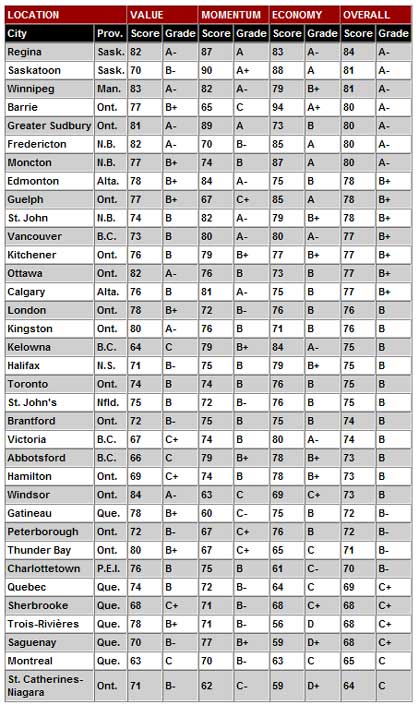
Many people assume that depression is easily identifiable, manifesting itself as persistent sadness that doesn’t lift. In fact, symptoms of depression can take a variety of forms. Chances are that if you are reading this article, you have the feeling that something isn’t quite right. You may find that you are tired all the time, and all you want to do is sleep. Depression can also trigger insomnia, forgetfulness, and an inability to take pleasure in normal activities. According to Eve Wood, MD, clinical associate professor of medicine at the University of Arizona, and author of 10 Steps to Take Charge of Your Emotional Life, “Women often say, ‘I'm not depressed; I just don't care’, but that indifference can signal depression.” It turns out that excessive fatigue, insomnia, and joylessness can all be symptoms of depression.
According to the American Psychological Association, women are twice as likely as men to experience depression or dysthymia (persistent low-level depression), and misdiagnosis of depression in women is high. The good news is that depression can be effectively treated. If you suspect that you or someone you know is depressed, you’ve come to the right place. WebMD can help you learn more about depression and what you can do about it.
Symptoms of Depression in Women
* Changes in weight, sleep or appetite: These signs of depression can be confusing because depending on the individual, they can take very different forms. Some depressed women want to sleep all the time, for example, while others may experience insomnia.
* Physical symptoms of depression that won’t go away, like fatigue, headaches, back aches, digestive disorders, chronic pain, or menstrual problems
* Agitation, irritability
* Forgetfulness or difficulty concentrating
* Low sex drive
* Pessimistic or hopeless outlook on life: While there are plenty of reasons to be pessimistic about the future, a depressed person is more apt to dwell on negative events and be unable to find anything to be happy about.
* Feelings of guilt or helplessness
* General apathy and lack of interest or pleasure in customary activities
* Thoughts of suicide
Experts say that certain behaviors can also be a sign of underlying depression. “Women often engage in behaviors that signal "masked depression," says psychologist Lara Honos-Webb, PhD, author of Listening to Depression. Compulsive shopping, working, eating, or drinking alcohol can be signs of depression -- particularly when a woman feels empty or anxious when she’s not participating in these activities.
Depression triggers can include:
* Situational factors: Major problems and life crises -- a romantic break-up, job loss, or the death of a loved one, for example -- are often the immediate, most obvious causes of depression. But ongoing life challenges like poverty, unemployment, and social isolation, as well as childhood trauma, also put people at higher risk for depression.
* Medical factors: Chronic pain or illness can lead to depression. Certain medical conditions -- including hypothyroidism, cancer, and hepatitis -- can cause depression. Nutritional deficiencies and some medications are culprits as well. Therefore, it’s important that treatment for depression include a medical evaluation.
* Gender: Women are twice as likely as men to experience depression, a discrepancy likely due in part to the tremendous hormonal shifts that accompany menstruation, child birth, and menopause.
* Stress: A connection between chronic stress and depression has been established and could explain why stressful life situations, like poverty and unemployment, put people at far higher risk for depression.
Treatment for Depression
There is evidence that in many cases, psychotherapy works as well as antidepressants do, and there are no side effects, according to Whiffen. Interpersonal Therapy (IPT) for example, focuses on improving the patient’s relationships to help reduce depressive symptoms. Half of the women in the Vanderbilt study who received IPT were no longer depressed at the end of treatment -- the same result seen with antidepressants alone.
While you are seeking help for your depression, remember to take care of yourself. Avoid alcohol and drugs, and be sure to get enough sleep. Exercise can be surprisingly helpful in boosting your mood. If your depression is mild to moderate, it can cut symptoms nearly in half, research from the University of Texas Southwestern Medical Center notes, making it just as effective as medication.









 Below are just some Ballet Flats for you to drool over on.
Below are just some Ballet Flats for you to drool over on.






























